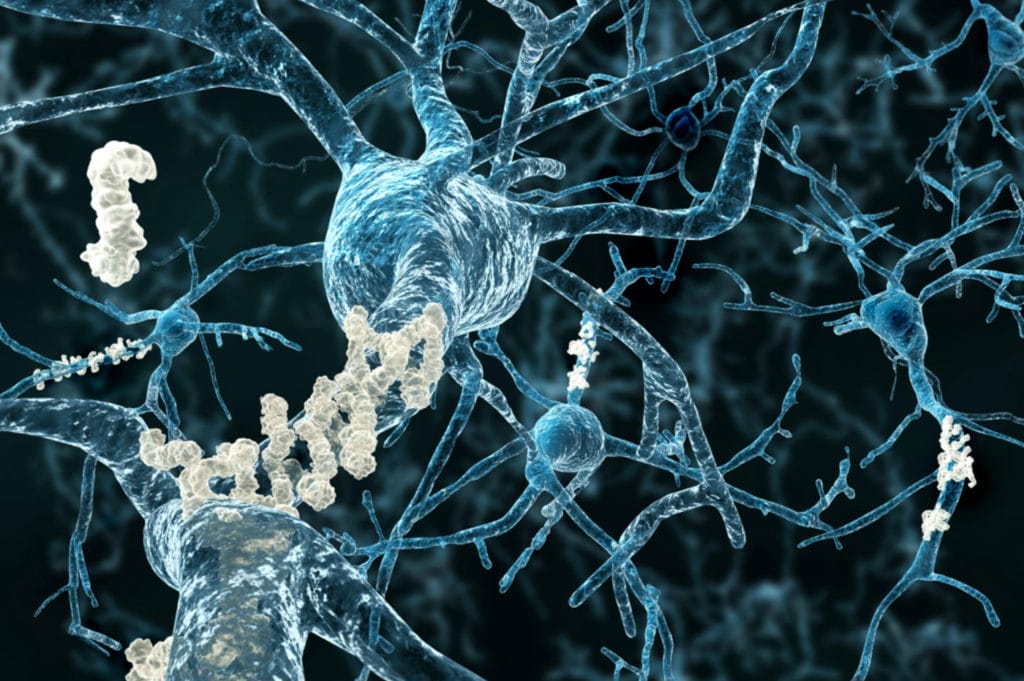Tag: Drug Discovery
‘Pool and split’ high-throughput experimentation: Turning complex designs into simple assays

High-throughput experimentation (HTE) protocols enable scientists to perform multiple experiments and test multiple hypotheses, in parallel and with minimal consumption of resources and materials. Dr Marco Santagostino from the Chemical Process Development Department at Boehringer Ingelheim Pharma, Germany and his collaborators Philipp Kollmus and Raphael Steimbach devised a new protocol that greatly reduces the number of experiments needed in HTE. […]
The trials and tribulations in the drug discovery cycle: A particular case for Alzheimer’s disease

As people live longer lives, the spectre of Alzheimer’s disease will only grow. Scientists now know that the amyloid beta (Aβ) peptides are important for treating Alzheimer’s, particularly Aβ42 which aggregates into the amyloid plaques that trigger the disease. Researchers have been looking to target γ-secretase – the enzyme that creates pathogenic Aβ42 affecting the relative abundance of short Aβ […]
NMR2: A highly accurate approach to protein-ligand binding

A novel method to determine accurately and efficiently the structure of the receptor binding sites in protein-ligand complexes promises to revolutionize drug discovery. Dr Julien Orts and his collaborators at the Swiss Federal Institute of Technology are developing a powerful and general technique, based on liquid nuclear magnetic resonance (NMR), to shed light on the details of how proteins interact […]
Read More… from NMR2: A highly accurate approach to protein-ligand binding
Extending the half‑life of therapeutic peptides

Dr Mamoun Alhamadsheh is Associate Professor at the University of the Pacific, Thomas J. Long School of Pharmacy and Health Sciences, California. He heads a multi-disciplinary team working in the field of protein-protein interactions. Their research is focused on the development of new treatments for diseases caused by protein aggregation, including Alzheimer’s disease and transthyretin amyloidosis. Their current work in […]
Read More… from Extending the half‑life of therapeutic peptides